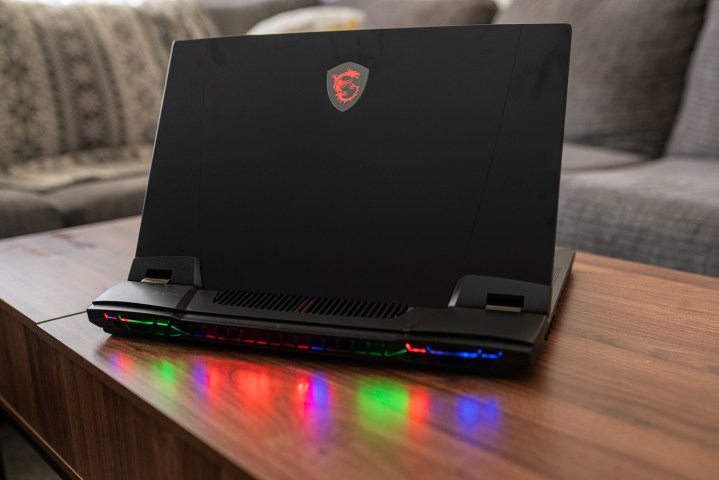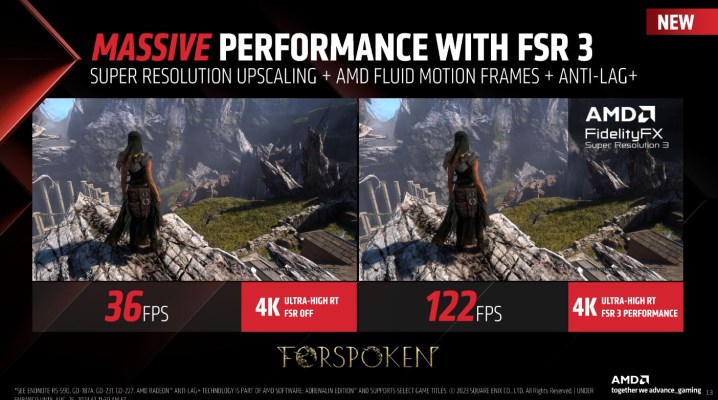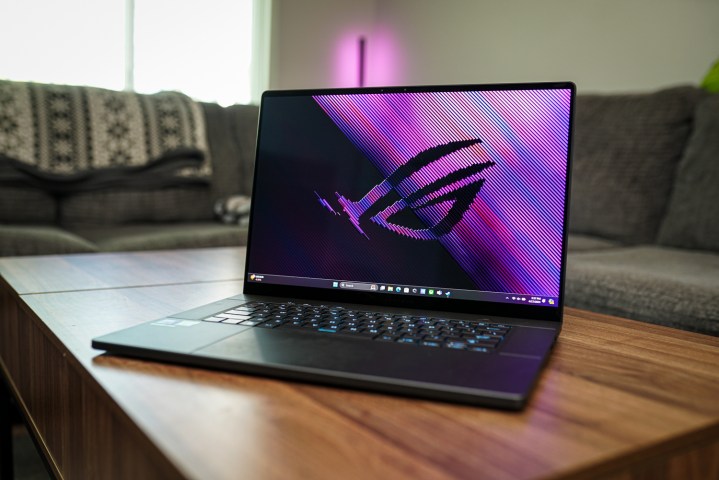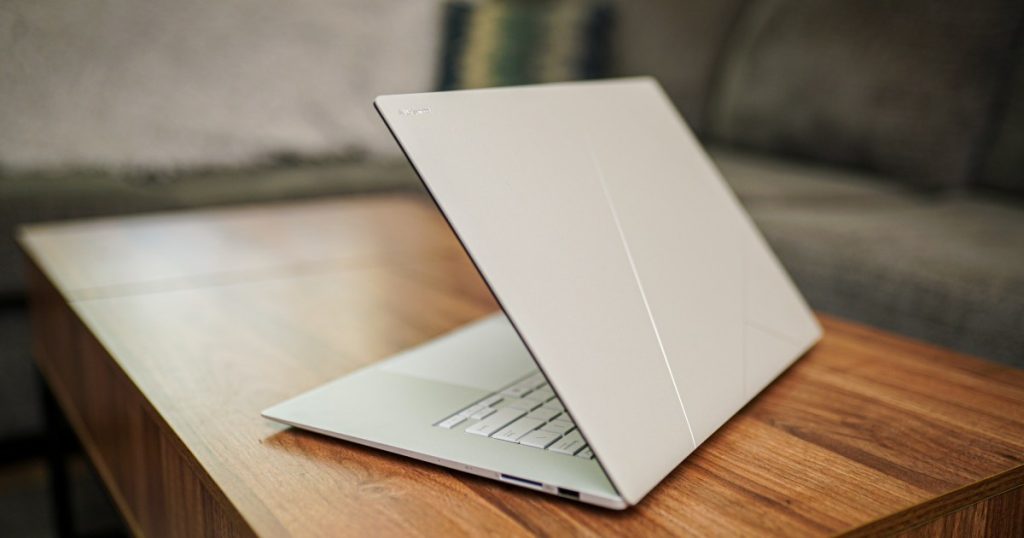Over the years, my opinion on gaming laptops has fluctuated. The constant improvements in speed, size, and weight are crucial for someone like me who travels frequently. The Asus ROG Zephyrus G14 and Lenovo Legion 9i are prime examples of just how much gaming laptops have evolved.
However, something is changing for me. The lack of exciting releases this year is a contributing factor, but there’s more to it than that.
Recently, the emergence of super-efficient Copilot+ PCs has caught my attention. I’ve been using the Asus Zenbook S 16 with the new Ryzen AI 300 chip, despite it not being known for gaming capabilities. Surprisingly, I’ve started to leave my gaming laptop behind more often.
Get your weekly teardown of the tech behind PC gaming
Feeling less burdened with new technology

In the past, the weight of a gaming laptop was a significant downside – being thick and heavy. But with the shift towards thinner and lighter gaming laptops like the Alienware x16 and Asus ROG Zephyrus G16, portability has improved. Even the size of power bricks has reduced with options offering USB-C charging, like the Razer Blade 14 and HP Omen Transcend 14.

Physical portability is less of a concern now, with battery life becoming the pivotal factor. Gaming laptops are becoming more power-efficient, enabling longer periods away from the charger. However, the trade-off between achieving strong gaming performance and extended battery life remains a challenge.
Integrated graphics have made significant advancements in recent years, capable of handling a wide range of games. Features like Nvidia’s DLSS and AMD’s FSR have further improved performance, making integrated graphics a viable option for gaming on the go.

Integrated graphics, coupled with performance-boosting features, now provide a compelling gaming experience on portable devices. While gaming laptops still have their place, the rise of integrated graphics has expanded the options for gaming enthusiasts.
Considering the right fit for your gaming needs

For gamers who prioritize portability and versatility, a gaming laptop may be the perfect choice. However, the evolving landscape of gaming devices offers alternative solutions like mini-PCs and small form factor gaming desktops. Consider your specific gaming needs before investing in a gaming laptop to ensure it aligns with your usage habits.
Choosing the right gaming device for your lifestyle

In conclusion, choosing between a gaming laptop and other gaming devices depends on your specific requirements. While gaming laptops offer portability and integrated graphics have improved, alternative options such as mini-PCs and desktops may provide better value and performance. Assess your gaming habits and needs to determine the ideal gaming device for your lifestyle.


